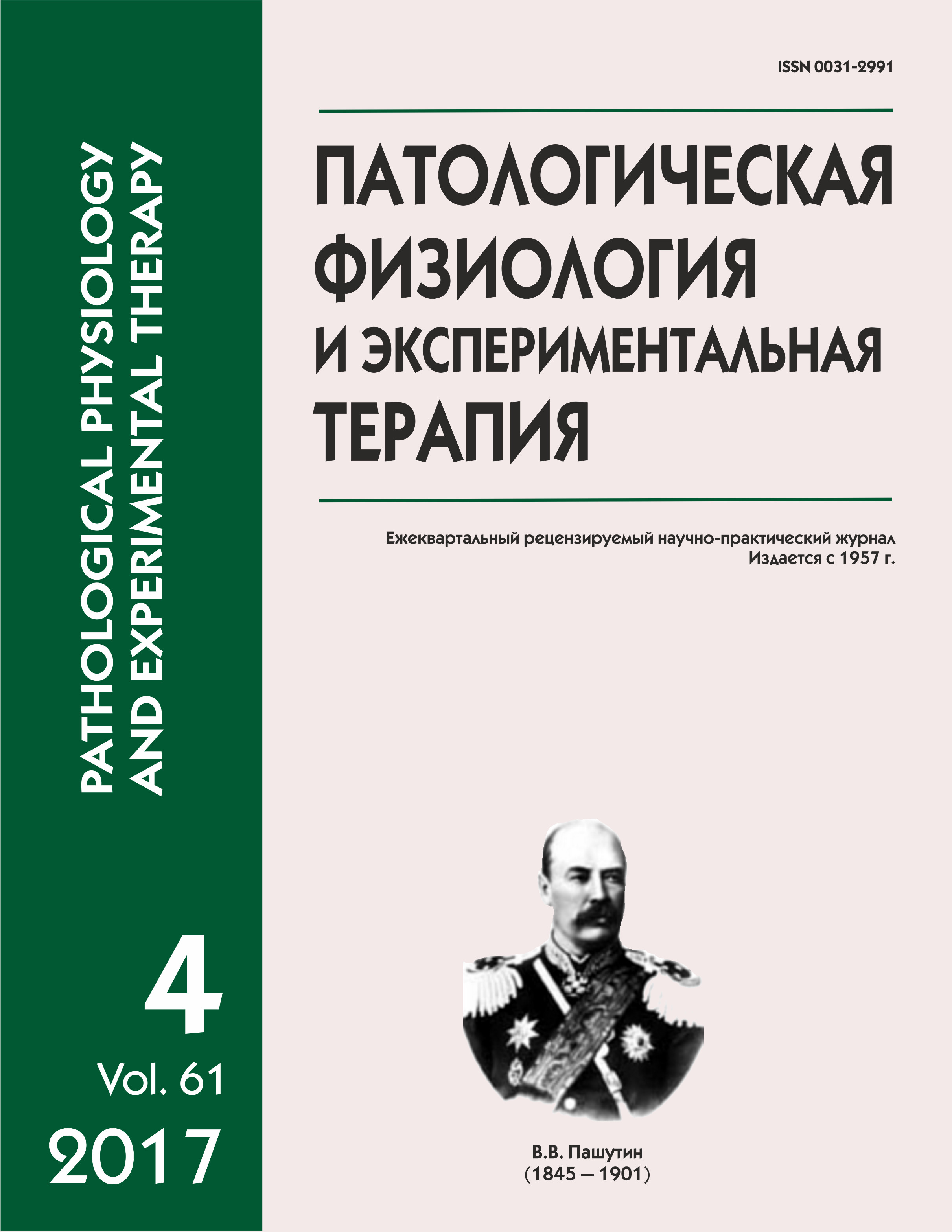Programming the anti-tumor immune response in vitro and its application to stop the growth of tumor cells and prolonging the lifespan of mice with carcinoma in vivo
DOI:
https://doi.org/10.25557/IGPP.2017.4.8525Keywords:
macrophages; lymphocytes; carcinoma; reprogramming, immune response.Abstract
Aim. To test a hypothesis that a combined pool of in vitro reprogrammed macrophages and lymphocytes will effectively limit growth of tumor cells in vitro, and injections of these cells into the body will considerably limit development of a tumor in vivo. Methods. Tumor growth was initiated in vitro by addition of Ehrlich carcinoma (EC) cells to the RPMI-1640 cell culture medium and in vivo by intraperitoneal injection of EC cells into mice. Results. M3-STAT3/6-SMAD3 macrophages in combination with antigen-reprogrammed lymphocytes exerted a pronounced antitumor effect both in vitro and in vivo, which was superior to the effect of cisplatin. Conclusion. M3 macrophages in combination with in vitro antigen-reprogrammed lymphocytes significantly inhibited the tumor growth in vivo. This fact justifies development of a clinical version of the tumor growth restricting biotechnology using pre-programming of the antitumor immune response in vitro.Downloads
Published
2017-12-18
Issue
Section
Original research
How to Cite
[1]
2017. Programming the anti-tumor immune response in vitro and its application to stop the growth of tumor cells and prolonging the lifespan of mice with carcinoma in vivo. Patologicheskaya Fiziologiya i Eksperimental’naya Terapiya (Pathological physiology and experimental therapy). 61, 4 (Dec. 2017), 67–73. DOI:https://doi.org/10.25557/IGPP.2017.4.8525.






